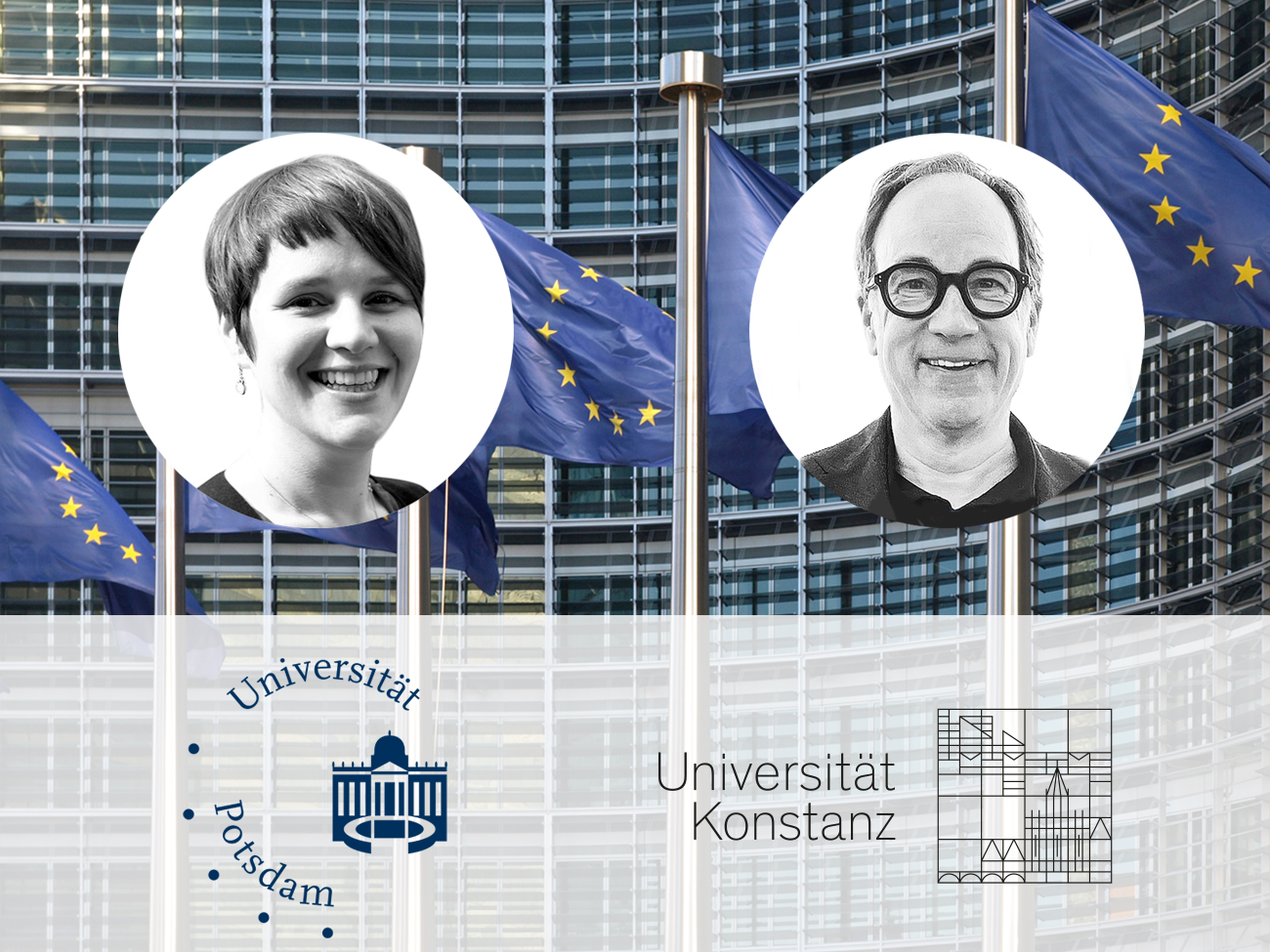by Ulrich Wacker, Manager Academy of Advanced Studies at the Universität of Konstanz, Lifelong Learning Coordinator, Division of Student Affairs and Teaching, and Kerstin Altherr, Coordinator for Continuing Education, Division of Student Affairs, University of Potsdam
.
What are the implementation gaps in establishing short certified formats in university continuing education, i.e. micro-credentials? And what would be the requirements for legal frameworks in the German federal states to successfully introduce them? A joint project by the University of Konstanz and the University of Potsdam is addressing these and related questions.
The EU Council Recommendation on a European approach to micro-credentials for lifelong learning and employability (16 Juni 2022) highlights the significance of reskilling and upskilling of these records of learning outcomes following a small volume of assessed learning. In light of ongoing dynamic discussions about micro-credentials, questions arise as to whether there are serious “implementation gaps” and, if so, what legal problems they are associated with.
To get to the bottom of these questions, Kerstin Altherr from the University of Potsdam and Ulrich Wacker from the University of Konstanz recently conducted a survey among German institutions of higher education offering continuing education. The project’s goal: providing an overview of short formats in university continuing education with a focus on the implementation of micro-credentials as well as an overview of the legal framework conditions across the 16 German federal states (Länder), in addition to legal and administrative requirements and possible challenges.
The survey, which is part of a project funded by the German Association for University Continuing and Distance Education (DGWF), resulted in a total of 75 detailed responses. The feedback provides differentiated information on the implementation status of different formats in continuing education and delivers insights on enrolment status, institutional regulations and quality assurance.
The survey reveals an emerging interest of institutions in short formats with formalised certification. In a nutshell: Everybody is thinking and talking about micro-credentials, however, substantial and systematic implementation so far seems to be reserved for a few “trailblazers” – although anecdotal evidence speaks for a growing number of examples. A significant number of respondents also point to “work in progress” on the legal conditions, the administration and the quality assurance for micro-credentials.
The survey results provide a powerful basis for in-depth comparative analysis and will also be integrated into the work of Yerun’s Lifelong Learning group. The aim is to help define the legal requirements and basic conditions for the successful, consistent implementation of Bologna-compatible micro-credentials and discuss how the establishment of suitable conditions can be supported institutionally and structurally.
For more information on the project visit www.dgwf.net/projekte.html (in German).
Contacts:
Ulrich Wacker, Manager Academy of Advanced Studies at the University of Konstanz, Lifelong Learning Coordinator, Division of Student Affairs and Teaching
Kerstin Altherr, Coordinator for Continuing Education, Division of Student Affairs, University of Potsdam
.
In the picture, from left to right: Kerstin Altherr from the University of Potsdam, and Ulrich Wacker from the University of Konstanz










